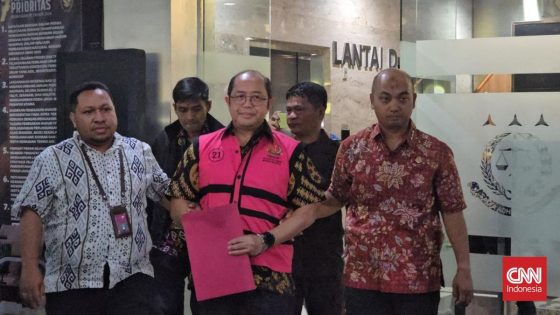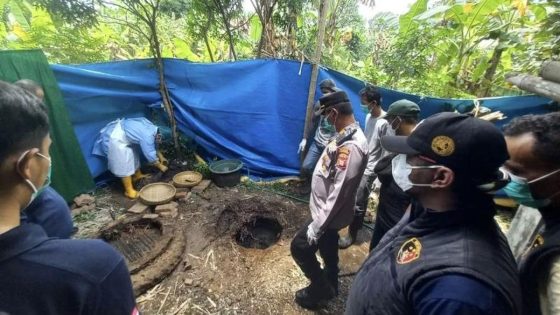On February 7, 2025, Isa Rachmatarwata, the Director General of Budget at the Indonesian Ministry of Finance, was named a suspect in the Jiwasraya corruption case. This shocking development raises questions about accountability in government positions. How will this impact the financial landscape in Indonesia?
- Isa Rachmatarwata named suspect in Jiwasraya case
- Detained for 20 days for investigation
- Total wealth reported at Rp38.97 billion
- Debt reported at Rp302 million
- Owns multiple properties in Jakarta and Tasikmalaya
- Kemenkeu respects ongoing legal process
Corruption Allegations Against Indonesian Finance Official Raise Eyebrows
What does this mean for Indonesia’s financial integrity? Isa Rachmatarwata’s arrest has sparked widespread concern about corruption within government ranks. With such a high-profile case, the implications could reach far beyond individual accountability, affecting public trust in financial institutions.
Understanding the Jiwasraya Case and Its Broader Implications
The Jiwasraya case is a significant corruption scandal in Indonesia, involving mismanagement and alleged fraud in a state-owned insurance company. As investigations unfold, several key points emerge:
- Isa’s reported wealth stands at Rp38.97 billion, with debts of Rp302 million.
- He owns multiple properties across Jakarta and West Java, valued at over Rp8 billion.
- His luxury vehicles include a 2011 Toyota Camry and a 2023 Hyundai Ioniq 5 EV.
- Legal charges against him include violations of Indonesia’s anti-corruption laws.
The Role of the Ministry of Finance in Corruption Prevention
The Ministry of Finance plays a crucial role in ensuring transparency and accountability in public finances. With Isa’s case, the ministry faces scrutiny regarding its internal controls and oversight mechanisms. How can it strengthen these processes to prevent future incidents?
Public Reaction and Future Consequences for Governance in Indonesia
Public reaction to Isa Rachmatarwata’s arrest has been mixed, with many expressing outrage over corruption in high places. This incident may lead to calls for reforms in governance and greater transparency in financial dealings. Will this be a turning point for Indonesia’s fight against corruption?
In conclusion, the arrest of Isa Rachmatarwata highlights significant issues within Indonesia’s financial governance. As the investigation continues, it will be crucial to monitor the outcomes and potential reforms that may arise from this scandal.

































